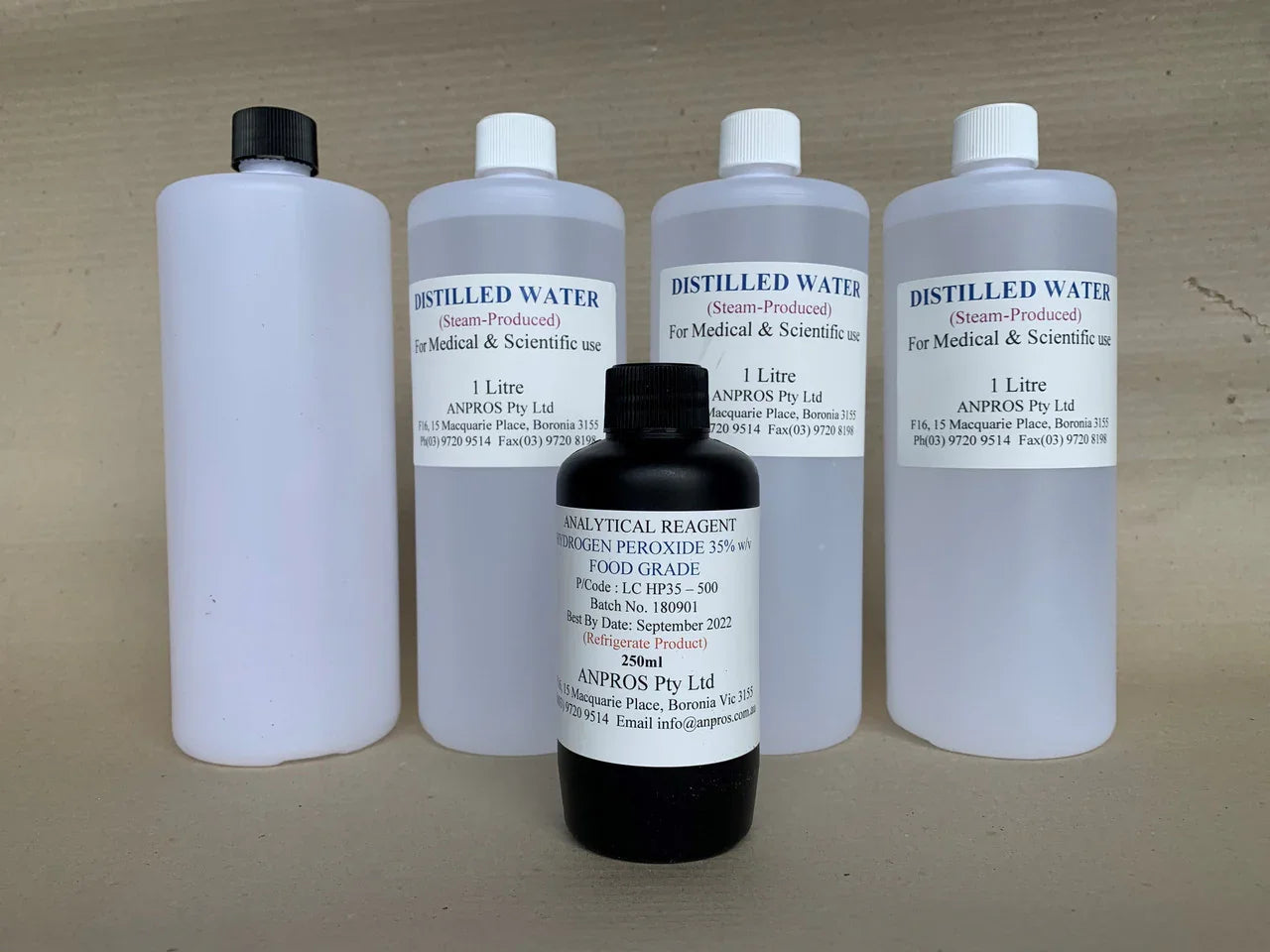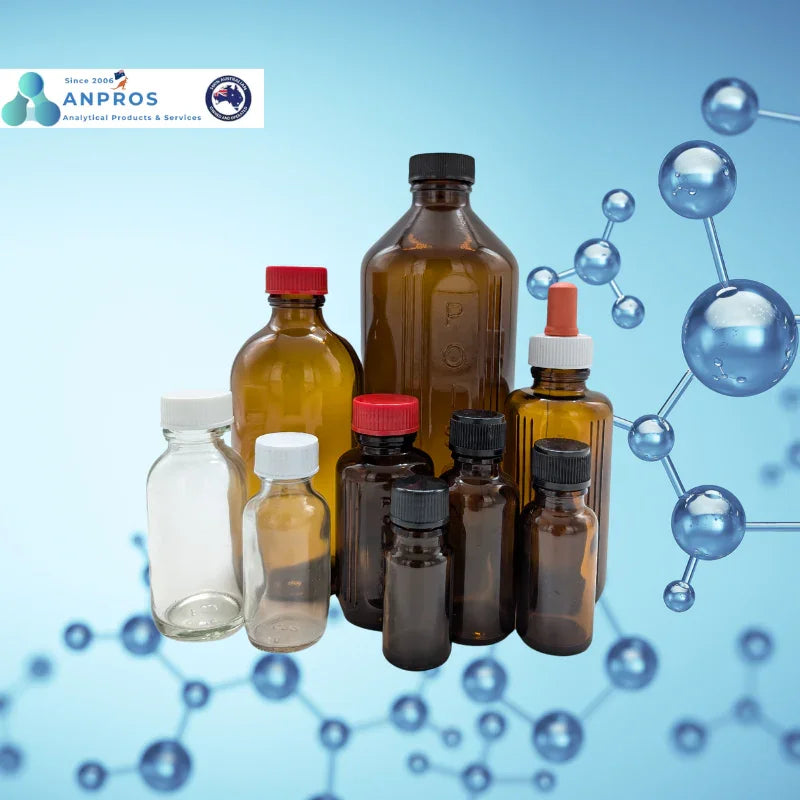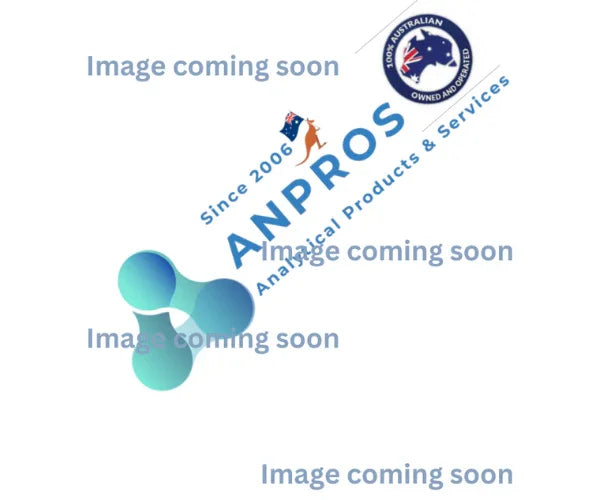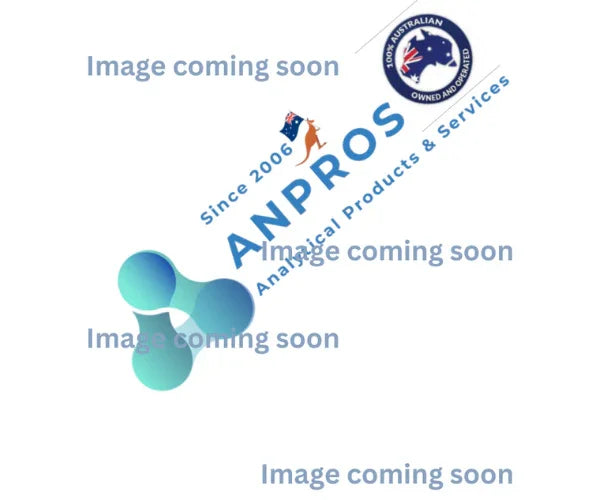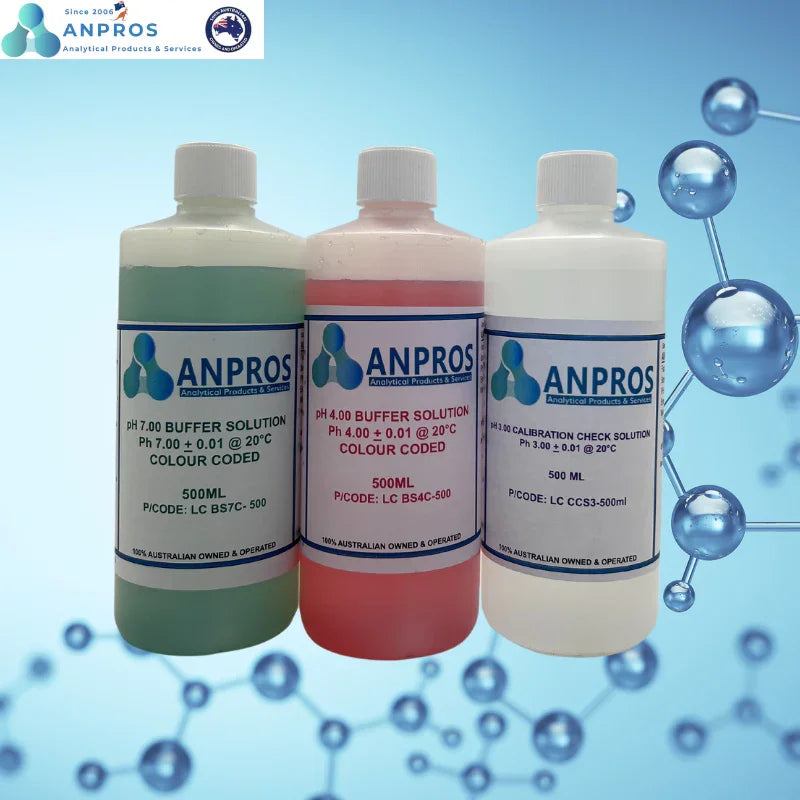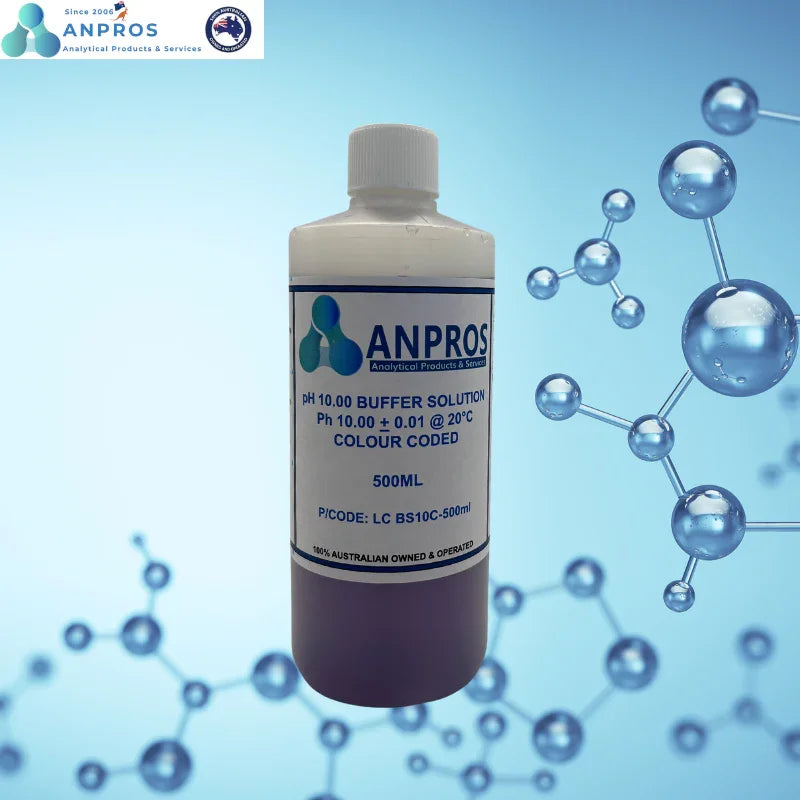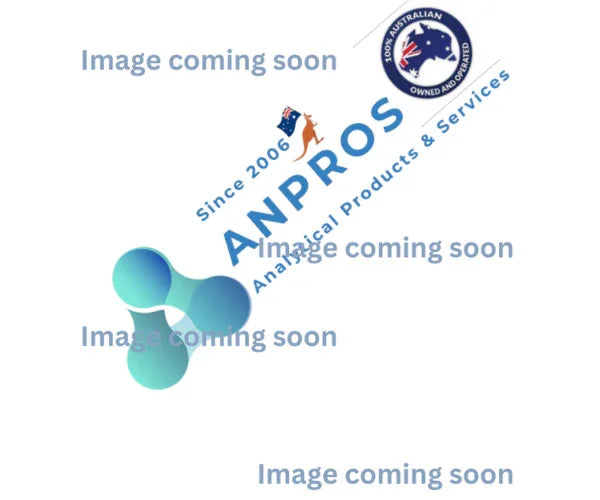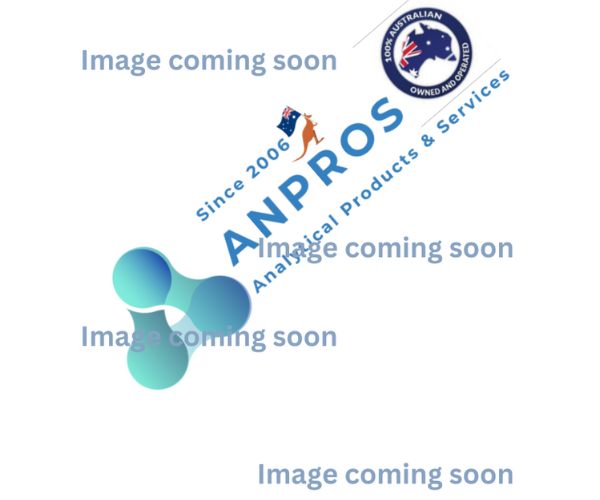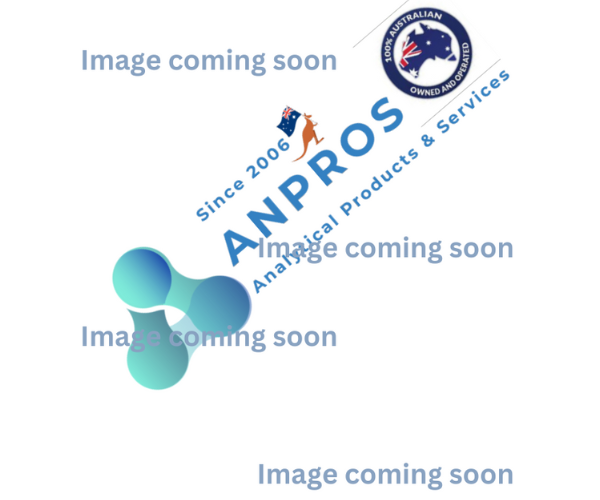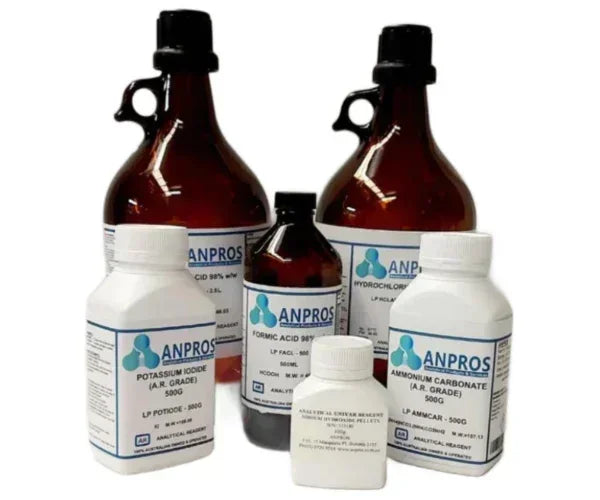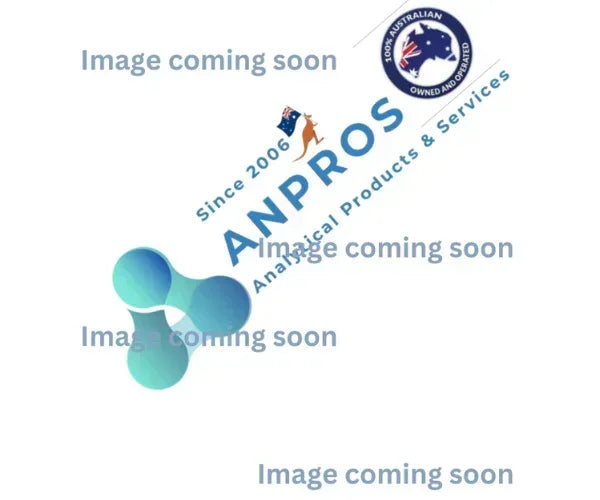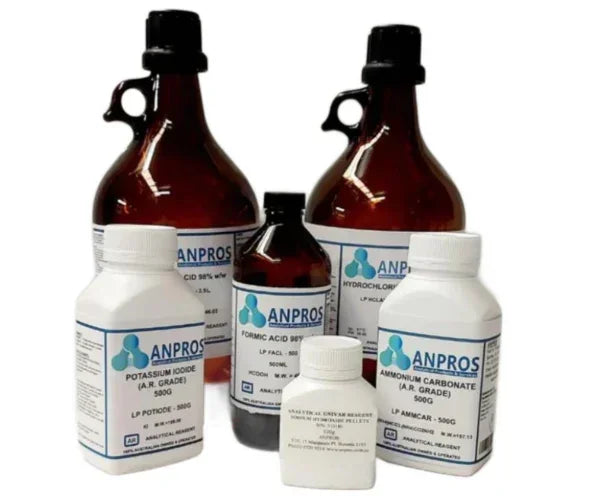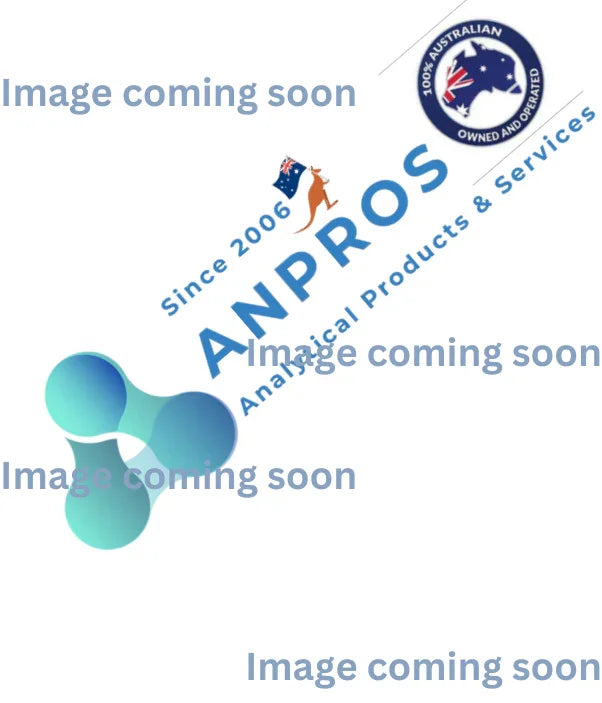

Round Bottom Flask Double Neck 50ML,Socket Joint 14/23
Round Bottom Flask Double Neck 50ML, Socket Joint 14/23 Our Round Bottom Flask Double Neck 50ML is designed for laboratory experiments that require controlled heating or mixing. The double-neck design allows for efficient inlet and outlet connections, making it ideal for distillation, reflux, and other applications. The flask features a...
Round Bottom Flask Double Neck 50ML, Socket Joint 14/23
Our Round Bottom Flask Double Neck 50ML is designed for laboratory experiments that require controlled heating or mixing. The double-neck design allows for efficient inlet and outlet connections, making it ideal for distillation, reflux, and other applications. The flask features a socket joint (14/23), compatible with other laboratory glassware with matching fittings.
Key Features:
- Material: High-quality borosilicate glass for durability and resistance to thermal shock.
- Capacity: 50ML, ideal for small-scale reactions and experiments.
- Socket Joint: 14/23 socket joint for easy connection to other glassware components.
- Double Neck: Allows for multiple connections, perfect for reflux or distillation processes.
Uses and Applications:
- Ideal for conducting distillation, reflux, and condensation experiments in the laboratory.
- Commonly used in organic chemistry, pharmaceuticals, and chemical engineering labs.
- Can be connected to condensers, thermometers, or other laboratory apparatus for precise control during reactions.
Storage and Care:
- Store in a clean, dry area when not in use to avoid accidental breakage.
- Handle with care, especially around the neck and joint areas, to prevent damage to the glass.
- After use, thoroughly clean the flask to remove any chemical residues before storage.
Safety Information:
- Use appropriate safety gear, such as gloves and goggles, when handling glassware in the laboratory.
- Ensure the flask is securely fitted to other equipment to prevent leaks or accidents during experiments.
- Inspect the flask regularly for any signs of cracks or defects before use to ensure safety during operations.






